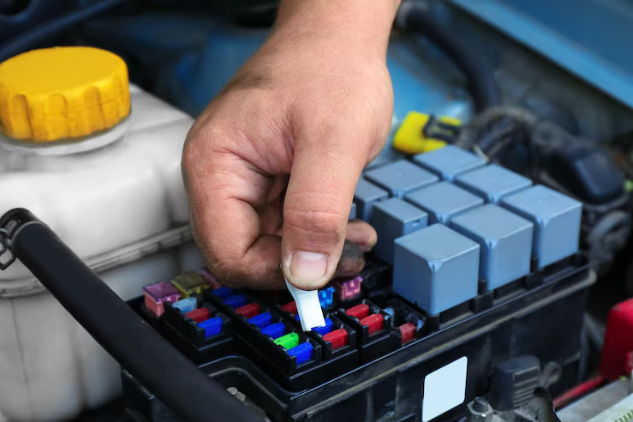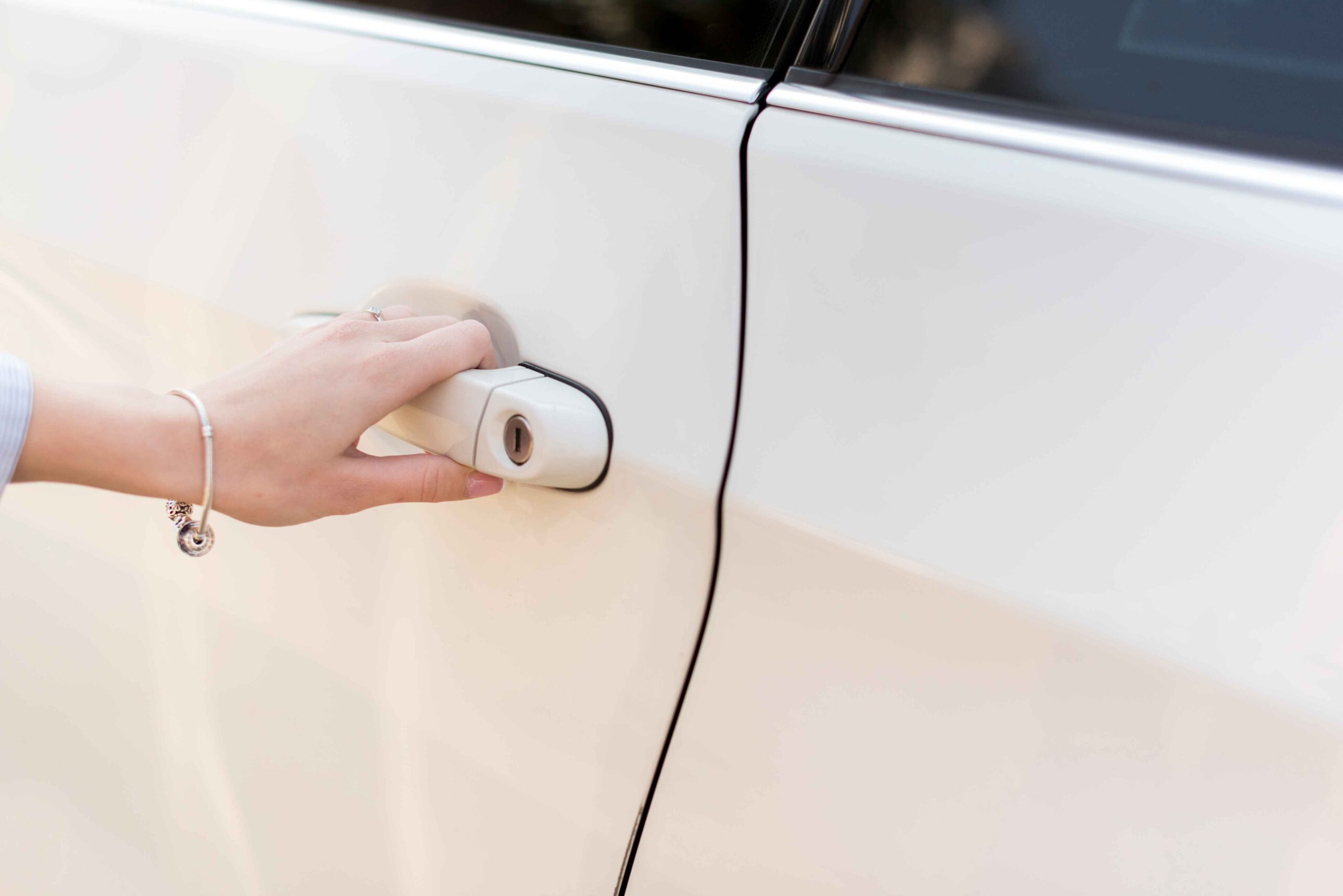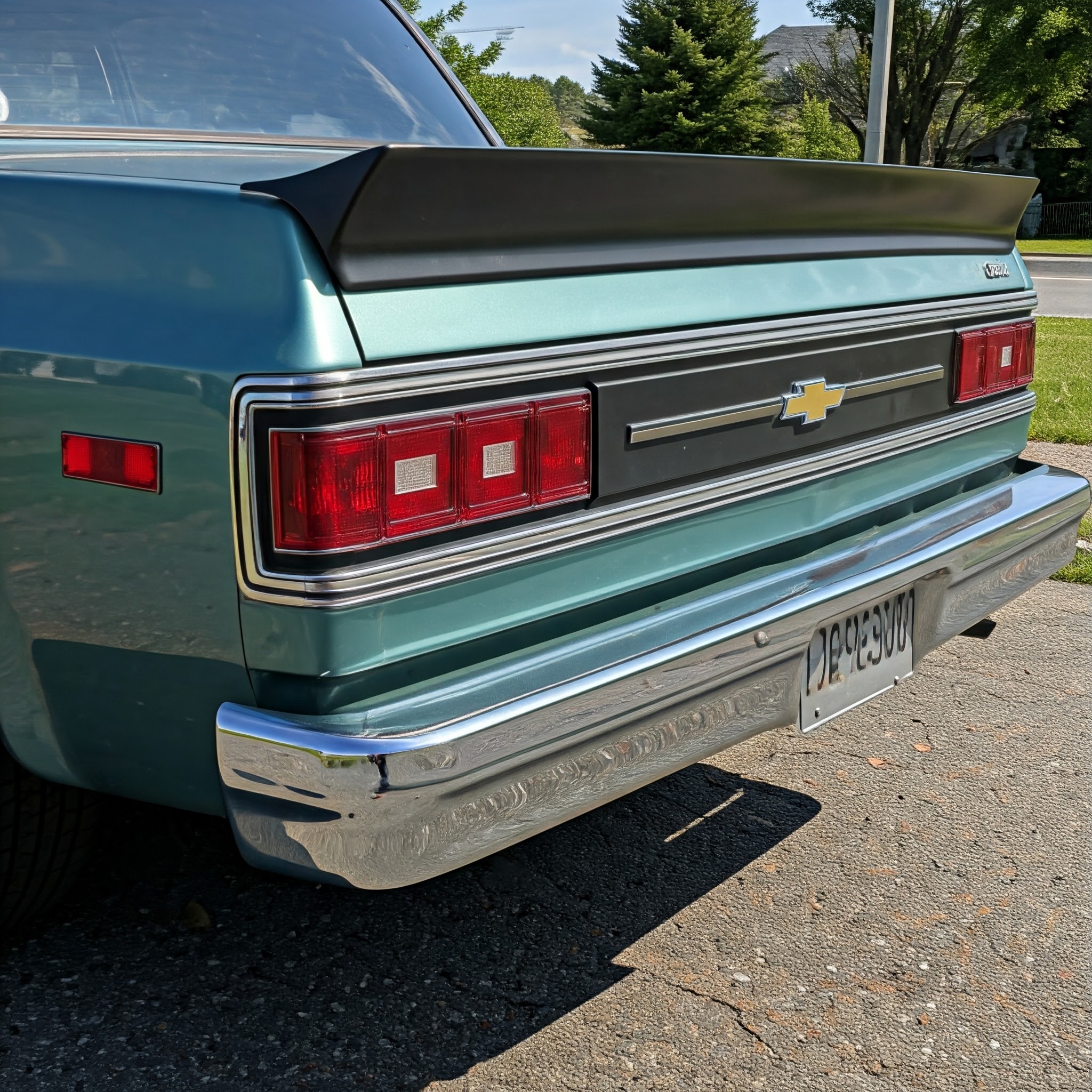If you’ve ever seen the service battery charging system message flash on your dashboard, you know it can be alarming. What does it mean? Should you be worried? Well, don’t panic just yet.
In simple terms, this warning means there’s something wrong with your car’s charging system. It could be the alternator, the battery, or another part of the system.
A study showed that many drivers ignore this warning light, only to end up with a dead battery later. So, what does a battery charging system mean for your vehicle’s health? Let’s break it down so you understand why this message is important.
What Does a Service Battery Charging System Mean?
This warning light is a signal that your car’s charging system isn’t working the way it should. Your car relies on its battery to start, and while you’re driving, it depends on the charging system to keep the battery powered. This system includes the alternator, battery, and other parts like the voltage regulator.
When your car tells you to service battery charging system warning, it means there’s a problem somewhere in that setup. Without fixing it, your car might run out of power, and you could end up stranded. Fixing it early can prevent bigger issues later.
What is Service Battery Charging System and Why Is It Important?
So, what is service battery charging system meaning exactly? It’s a part of your car that keeps the battery charged while you’re driving. The alternator is the main player here. It takes the energy from your car’s engine and converts it into electricity to keep your battery charged. The battery then powers everything from your headlights to your radio.
When the battery charging system light comes on, it’s your car telling you something’s wrong. If the problem isn’t fixed, the battery can stop charging, and your car could shut down completely.
Common Causes of Service Battery Charging System Problems
There are a few reasons why the service battery charging system meaning warning might come on. Let’s look at the most common ones:
- Faulty Alternator
The alternator is key to keeping your battery charged. If it fails, the battery charging system light will appear. You might notice your headlights dimming or other electrical issues. - Old or Weak Battery
Sometimes, the issue isn’t the alternator but the battery itself. If your battery is old or damaged, it won’t hold a charge, and the system won’t work correctly. - Loose or Worn-Out Belt
The alternator is driven by a belt connected to your car’s engine. If that belt is loose or worn, the alternator won’t be able to charge the battery properly. - Damaged Wiring
The electrical wiring that connects the alternator, battery, and other parts can wear out over time. Damaged wiring can interrupt the charging process, causing the battery charging system light to appear. - Failed Voltage Regulator
The voltage regulator ensures your battery gets the right amount of electricity. If it fails, your battery could either be undercharged or overcharged, both of which can cause issues.
How to Fix Service Battery Charging System Problems
Wondering how to fix service battery charging system? Here’s what you can do:
| Problem | Quick Fix | Do It Yourself? | Requires Mechanic? | Year Compatibility |
| Faulty Alternator | Replace or repair alternator | No | Yes | 2015-2020 |
| Old or Weak Battery | Replace battery | Yes | No | 2015-2020 |
| Loose Belt | Tighten or replace belt | Yes | No | 1999-2006 |
| Damaged Wiring | Repair or replace wiring | No | Yes | 2001-2006 |
| Failed Voltage Regulator | Replace voltage regulator | No | Yes | 2000-2006 |
Knowing how to fix service battery charging system can save you time and money. While some fixes, like replacing a belt, are simple, others, like alternator repairs, will need a mechanic.
How Do I Know My Service Battery Charging System Needs Attention?
Before your car’s battery dies completely, there are usually signs that your charging system needs attention. Here are some things to look out for:
- Dim Lights: If your headlights are dim or flickering, this can mean your battery isn’t being charged properly.
- Dashboard Warning Lights: Besides the service battery charging system message, other lights might come on, like the battery warning light.
- Engine Problems: Sometimes, a failing charging system can cause the engine to stall or have trouble starting.
- Strange Noises: If you hear a whining or grinding noise under the hood, it might be a loose or damaged alternator belt.
How to Prevent Service Battery Charging System Problems
Preventative maintenance is the key to avoiding battery charging system issues. Here are a few tips to keep your charging system in good shape:
- Check Your Battery: Have your battery tested regularly, especially if it’s more than three years old.
- Inspect the Alternator Belt: Look for signs of wear, like cracks or fraying. Replace the belt if needed.
- Keep Connections Clean: Make sure the battery terminals are clean and free of corrosion. Dirty terminals can prevent the battery from charging properly.
- Pay Attention to Warning Lights: If the service battery charging system light comes on, don’t ignore it. Get it checked out right away.
How Long Does a Car Battery Last?
On average, a car battery lasts around 3 to 5 years. But factors like extreme weather and how much you drive can affect its lifespan. For example, in very hot climates, batteries tend to wear out faster. Regular checks and maintenance can help extend your battery’s life and prevent issues with your battery charging system.
Final Thoughts
So, what does a service battery charging system mean for your car? It’s not something to ignore. This warning signals an issue with your car’s charging system, and if left unchecked, it could lead to more significant problems, including a dead battery or even your car shutting down while you’re on the road.
If you see this warning, consult with a professional mechanic to diagnose the problem and get it fixed quickly. Staying on top of your battery charging system maintenance will help you avoid expensive repairs and unexpected breakdowns.
FAQs
It’s a warning that tells you something is wrong with your car’s charging system. It could be the alternator, the battery, or another part of the system.
You can drive for a short time, but it’s not safe to ignore this warning. If the problem worsens, your car could stop working altogether.
It depends on the problem. Replacing a belt might cost $100, but replacing an alternator can run between $300 and $600.
Ignoring it could lead to your battery dying while driving, leaving you stranded. The longer you wait, the worse the damage could become.
Some issues, like a loose belt, can be fixed on your own. However, more complex problems, like alternator failure, will require a mechanic.







